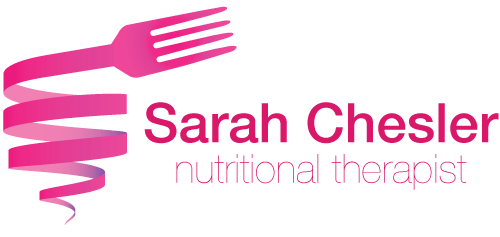Are you:
-
Feeling stressed?
-
Experiencing poor sleep?
-
Still tired upon waking?
-
Gaining weight around your middle?
-
Feeling anxious and irritable?
-
Craving sugar?
-
Lost your libido?
-
Experiencing poor memory, concentration and motivation?
If so, you may need to support your body and its adrenals by eating to specifically balance your hormones.
Cortisol’s job is to keep us alive – it is released from the adrenal glands to wake us up in the morning, keep us alert during the day and help us manage any dangers or threats. However, this hormone is responsible for many stress related issues.
“FIGHT OR FLIGHT” – This is the mechanism where the adrenals release adrenaline (the big initial rush), and cortisol (which, keeps us on high alert). These hormones raise blood pressure, pump sugar into our blood stream and suppress all other physiological systems in order to conserve energy.
The problems are that the brain does not distinguish between real danger (life threatening danger) and perceived danger (e.g. work pressure, deadlines). It is a mechanism that is designed to deal with occasional stressors with periods of rest and recovery in between. As cortisol is the life saving hormone, it takes priority over all other hormones including thyroid, insulin and oestrogen, thereby being capable of causing hormonal imbalances throughout in the body.
For many people, modern day life is full of various types of stress and dietary stress is one of them.
Below are my top tips for supporting your adrenals back into balance:
- Identify and eliminate food sensitivities – for example gluten, dairy, soy and corn to name a few common culprits
- Avoid typical food stressors – for example processed foods, sugar, caffeine and alcohol.
- Choose low GL (Glycaemic Load) foods – foods that release their sugars more slowly will help to balance your blood sugar, thereby reducing cortisol (which gets released when you have low blood sugar). Examples include whole grains (oats, quinoa, brown rice), quality protein, healthy fats, vegetables, berries, nuts and seeds.
- B vitamins – these vitamins are needed by your adrenals to work. Foods rich in B vitamins include whole grains, oats, meat, dairy, green vegetables, nuts and seeds.
- Vitamin C – helps to support adrenal reserve. Foods containing high levels of vitamin C include parsley, bell peppers, citrus fruits, and broccoli.
- Magnesium – magnesium is nature’s tranquilliser as it helps to increase relaxation, sleep, energy and mood. Foods rich is magnesium include nuts, seeds and dark green leafy vegetables.
- Sleep & rest are essential in adrenal rebalancing.
It is important to work closely with a nutritional therapist to access which hormonal pathways need support in order to bring your body back into balance. There are useful functional tests designed to assist in the clinical management of hormone-related conditions.
If you would like to discuss this as well as learn more about how to incorporate simple, nourishing, hormone-balancing meals into your diet, please email me on nutrition@sarahchesler.com or give me a call on 07860 472261.







